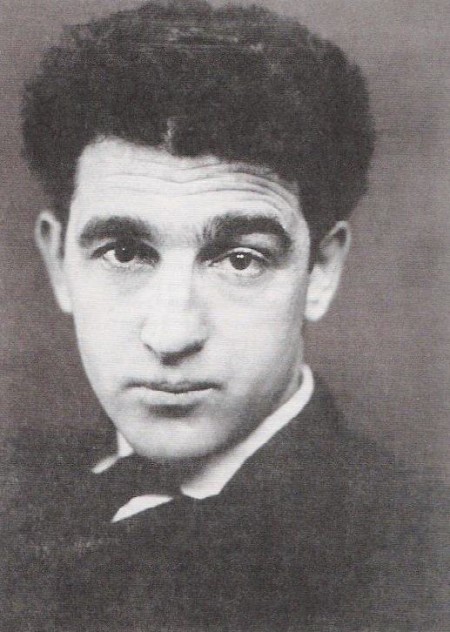
Jake Zeitlin—rare bookseller, publisher, poet and presider over the so-called “Zeitlin Circle” of writers—was a close friend of D.H. Lawrence. After the novelist’s death in 1930, his wife, Frieda Lawrence, asked the young Zeitlin if he would like to sell Lawrence’s manuscripts, to which Zeitlin claims to have responded, “Does a cat like cream?” The bookseller and the widow became immediate friends and began operating as a team to find homes for Lawrence’s manuscripts.
July 7, 1937
Mrs. Frieda Lawrence
Kiowa Ranch
San Cristobal, New Mexico
Dear Frieda:
Lawrence Powell has just finished preparing the complete catalogue of the Lawrence Manuscripts. I am mailing a copy of the typescript to you today in order that you may read it over and see if it pleases you. Now, there are several matters that have to be taken up in connection with it before I can send it to the printers:
1. Will you show the manuscript to Aldous Huxley and ask him if he would care to write a preface for it? Tell him we intend to have it very beautifully printed and to reproduce two or three of the manuscript pages in facsimile. It would be a very nice touch if Huxley could give us his imprimatur.
2. You gave me a list one time of the manuscripts which you leave in your will. Following are the titles:
Borderline
Eric-Gill: Art Nonsense
David
The Plumed Serpent
Jimmy and the Desperate Woman
St. Mawr
Lovely Lady
The Woman Who Rode Away
Mornings in Mexico
Wintry Peacock
3. You also specified that you wanted to keep for yourself “A Chapel Among the Mountains.” You also mentioned “A Hay Hut Among the Mountains,” which was neither inventoried by Harvard nor seen by myself. If these manuscripts are withdrawn from the collection, the value will be immensely reduced. I think it would be better, for Lawrence’s sake, for them to remain if the collection is sold intact. Would you consider changing your original will, or in some other way making it possible not to have to leave these out? Mr. Powell has found it advantageous to quote from the writings of a number of different authors on Lawrence. A list of those is attached. In order to be safe against possible infringement of copyright, it would be wise to get permission from these various authors and publishers. Would you like to write them yourself? If not, send us the names and addressed of those whom you know, and we will get in touch with them. This is a matter which must not be neglected nor postponed, since it would be unwise to proceed with the printing of the material unless we had these permissions. In several instances, we quote from books published by the Viking Press. Is it necessary to get additional copyright permission from them, or do you have the authority to grant this?
I am proceeding to prepare a price list on the separate items, and shall write you about a proposed price for the collection as a whole. This, however, must wait until I hear from you in regard to those not to be included.
I hope you will be pleased with the manuscript. I am very happy with it. Write me fully without delay. If there are any questions you have, send them on. I don’t believe it will be very complicated to take care of things by correspondence.
Please give my regards to Angie. Gina, who has had poison ivy for the past two weeks, sends her love, somewhat dampened just now by a complete covering of wet packs in which she is sitting.
Cordially, [JZ]
From D.H. Lawrence’s Manuscripts: The Correspondence of Frieda Lawrence, Jake Zeitlin, and Others. Edited by Michael Squires. New York: St. Martin’s, 1991. p. 99-100.
FURTHER READING
Read Paul Dean’s 1987 piece on Jake Zeitlin, written mere months before Zeitlin’s death.
Examine the woodcuts of artist Paul Landacre, whose work Zeitlin was one of the first to exhibit.
Read Geoff Dyer’s analysis of the appeal of owning old Lawrentiana.


